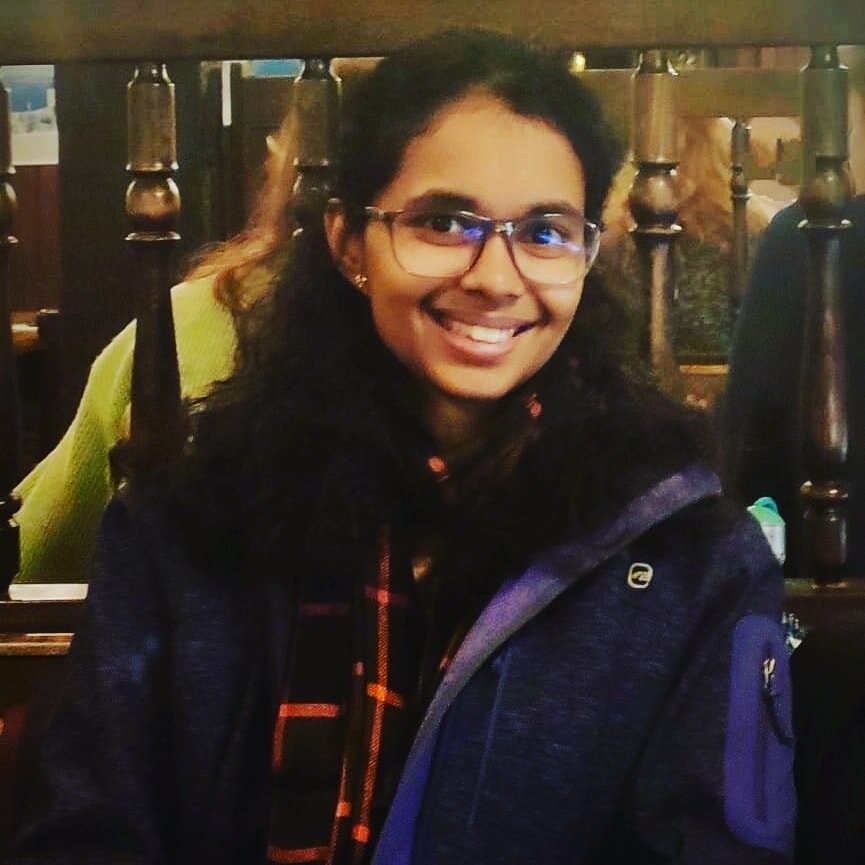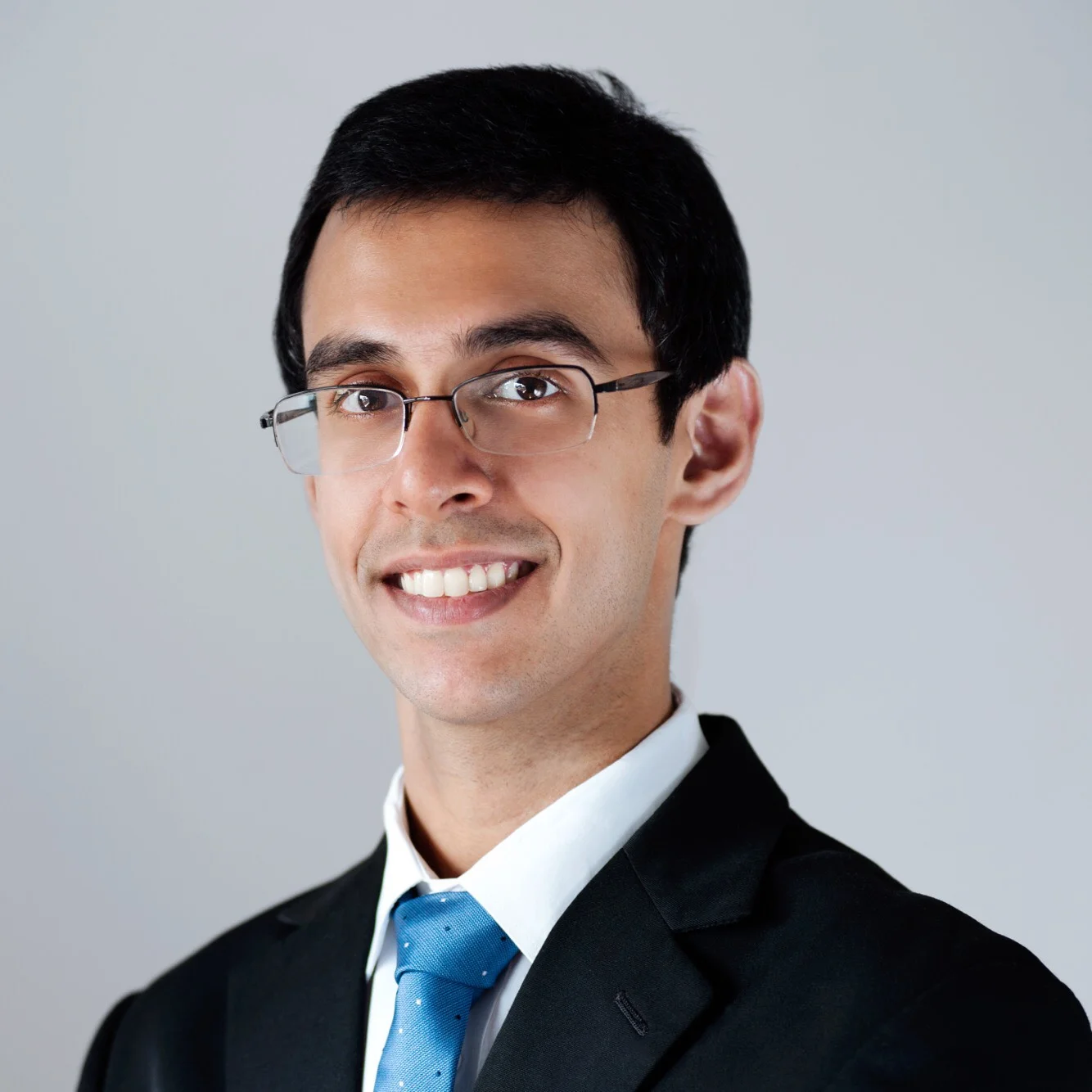Scholar Update: Anushri NV
Anushri NV is a 2019 scholar who is pursuing a Masters of Environmental Science in Sustainable Development at Utrecht University.
In this week’s post she gives us a behind the screen look of volunteering at an online conference, the 2020 Earth System Governance Virtual Forum.
When I was first asked to write a post about my experience as a student, I wondered: what could possibly qualify an interesting experience in the time of Covid-19? After all, student activities had, for a long time, either ground to a halt or moved completely online as we were all confined to our homes.
However, last month (14-18th September, 2020), I was lucky enough to be a student volunteer at the 2020 Earth System Governance Virtual Forum. The programme sought to bring together scholars from across the world to discuss the impacts of disruptions on earth system governance, virtually instead of face-to-face as previously planned. Although I have volunteered at events before, it was the first time for me (and probably for many of us) to help out at one that was completely online.
From a more traditional, in-real-life academic conference, the event had to transform into something that could be attended from behind your computer. To do so, the Earth System Governance Project decided to use an online event management programme that was integrated with Zoom meetings. Preparations began months in advance and in May the call went out for volunteers who were willing to help out.
My role as volunteer began a month before the actual event with an initial online briefing where we were introduced to the organising team and to the positions we would be filling. Some people were dubbed meeting hosts and others technical support. This was followed by another training session the weekend before where we were introduced to the software and then it was time to begin. I was assigned shifts on three days of the conference as live support and asked to host an innovative session and the closing plenary.
On Monday, the virtual forum kicked off with a networking session. All was quiet on the volunteer front, except for the occasional question related to the practicalities of setting up profiles. Then, on Tuesday, the actual conference began. The opening plenary proceeded well, despite the volunteer-in-charge having to coordinate the various speakers located in different parts of the world, all while streaming live on YouTube.
Disaster struck while trying to transition into the next semi-plenary sessions. The links to the Zoom meeting for the sessions had suddenly disappeared from the event manager! Live support, where I was posted, was flooded with a host of questions and support tickets on how to access these presentations. We had to work quickly in order to maintain the schedule. The Organising Team worked hard to solve the problem and soon we were back on with minimal delay. We all breathed a sigh of relief.
However, the worst was yet to come. I was assigned to host the session on the relationship between AI and sustainability. For this, I had to be in contact with the convenors of the session much in advance. Five minutes before the start of the session, I accidentally removed the moderator of my panel from the Zoom meeting! Unfortunately, we were unable to get her back online. Despite this, the panel went smoothly without any other difficulties and it was interesting to hear different thoughts on how technology impacts environmental sustainability. I guess the moral of the story is to never press big red buttons without knowing their exact functions first!
Finally, on Thursday, I was assigned to be the technical host for the closing plenary. This involved coordinating the feeds of the four panellists, moderator and studio host so that they could be heard and seen on the livestream and the webinar. This was more stressful than I had imagined and luckily things went very smoothly. I was glad to cool off later with drinks and snacks as we celebrated the end of a conference well finished.
On Friday, my duties dispensed with, I was free to participate in a meeting on urban disruptions and transformations. They first discussed various perspectives on urban transformations and then worked towards a common research agenda. It was interesting to see how research agendas and taskforces are created, and how this process was carried out online when all the participants were in different countries. Having had a peek at the process, I’m interested in seeing what the outcome will be!
As I write this, I’m tired from the stress of volunteering at a forum where the only people you see in real life are those in the control room. But I am also happy that things went so smoothly and that the virtual forum was a success. Most of all I’m grateful to the Earth System Governance Project, Utrecht University and the Inlaks Scholarship that allowed me to make use of this opportunity to learn something new. While I think there are definite advantages to organising online forums such including researchers and perspectives from places and backgrounds that are not always well represented, it is quite difficult and exhausting to conduct and interact with people on the other side of the screen (despite all the carbon savings from airline fuel!). In the interests of sustainability and scholarship, and in the aftermath of a global pandemic, I hope that we can find a way to balance both in person and online forums, conferences and meet-ups and include many more diverse voices.






